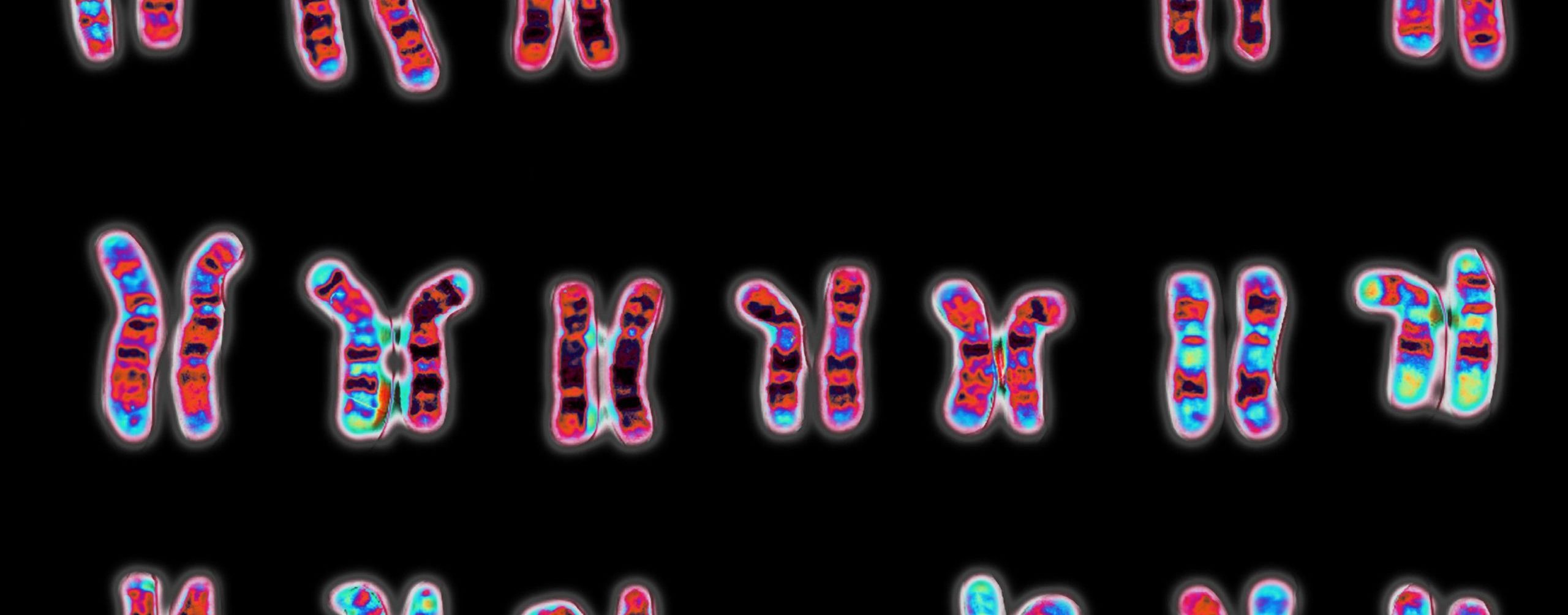Reproductive Genomics Group
Reproductive Genomics Group

The aim of our work is to identify the genes underlying reproductive biology in humans by carrying out genome-wide analyses of reproductive traits. These reproductive traits include age at menopause, which is when a woman’s periods cease, levels of hormones and other related measures, for example, menstrual cycle length.
Our genome is the DNA code in our cells and it contains millions of places where there are differences – where some people have one version of the DNA code but other people have another version. By looking for patterns between these genetic differences and the characteristics of the traits in a large group of people, we can find genes that control the reproductive trait.
In our studies we work with data collected in 10,000s to 100,000s of people who have taken part in cohort studies from around the world. Our studies help us to understand the genes and biological pathways that contribute to disorders such as premature menopause and infertility, and how characteristics such as when women go through menopause affects the risk of other diseases.
Banner image credit: Normal female 46,XX human karyotype. Wessex Reg. Genetics Centre. Attribution 4.0 International (CC BY 4.0)